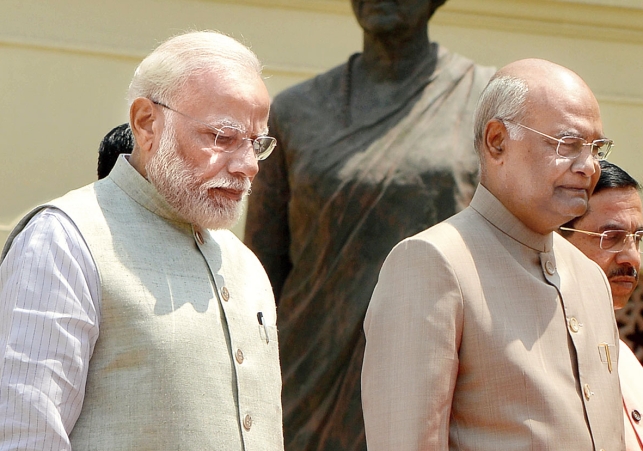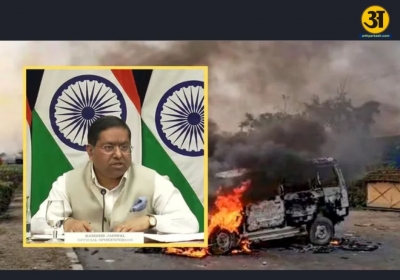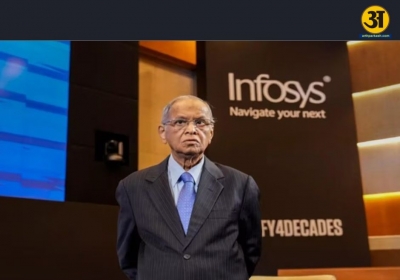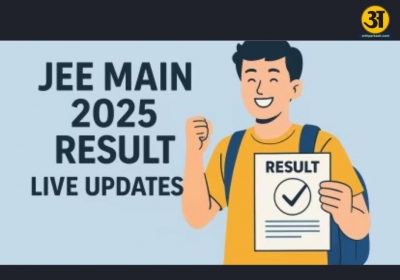
Ram Nath Kovind heads 'one nation, one election' committee
Committee led by Ram Nath Kovind formed by centre to explore 'one nation, one election'
- By Gurmehar --
- Friday, 01 Sep, 2023
In anticipation of a special session of Parliament scheduled between September 18 and 22, the Indian government has taken a significant step by constituting a committee to examine the feasibility of implementing the "one nation, one election" concept. The committee is led by former President of India, Ram Nath Kovind.
This development follows Prime Minister Narendra Modi's persistent advocacy for the synchronization of Lok Sabha (the lower house of Parliament) and state assembly elections. The decision to appoint Ram Nath Kovind to oversee this matter underscores the government's commitment to exploring this idea, especially as several crucial elections approach.
Elections on the horizon
India is on the verge of a series of important elections. Assembly elections are scheduled in five states in November-December, and these will be followed by the Lok Sabha elections in May-June next year. However, recent government actions have raised the possibility of advancing the general elections and some state polls, which were originally planned to occur after or simultaneously with the Lok Sabha contest.
The concept of "one nation, one election" aims to align the electoral calendars of various states and the central government, reducing the frequency of elections. Advocates argue that this can enhance governance by allowing elected representatives to focus on their duties rather than being in perpetual campaign mode. It can also reduce the significant financial and logistical burdens associated with conducting frequent elections in a country as vast as India.
ALSO READ: Indian Air Force gears up for 'Trishul' training exercise along Northern Borders
While the idea has garnered support from some quarters, it has also sparked debate and opposition from others who raise concerns about its impact on the federal structure of the country and the autonomy of state governments.
The government's decision to form a committee under the leadership of Ram Nath Kovind signifies a determined effort to thoroughly assess the practicality and implications of implementing "one nation, one election." As the special Parliament session draws near, all eyes are on the outcomes and recommendations that will emerge from this committee's deliberations.
In conclusion, with elections looming on the horizon, the Indian government has taken a significant step by appointing a committee led by Ram Nath Kovind to investigate the feasibility of "one nation, one election." This move reflects the government's dedication to exploring this concept, which has been a recurring theme in Prime Minister Narendra Modi's agenda, and it raises important questions about the future electoral landscape in India.
ALSO READ: Unveiling OCCRP: the organization behind allegations of secret offshore investments by Adani Group





